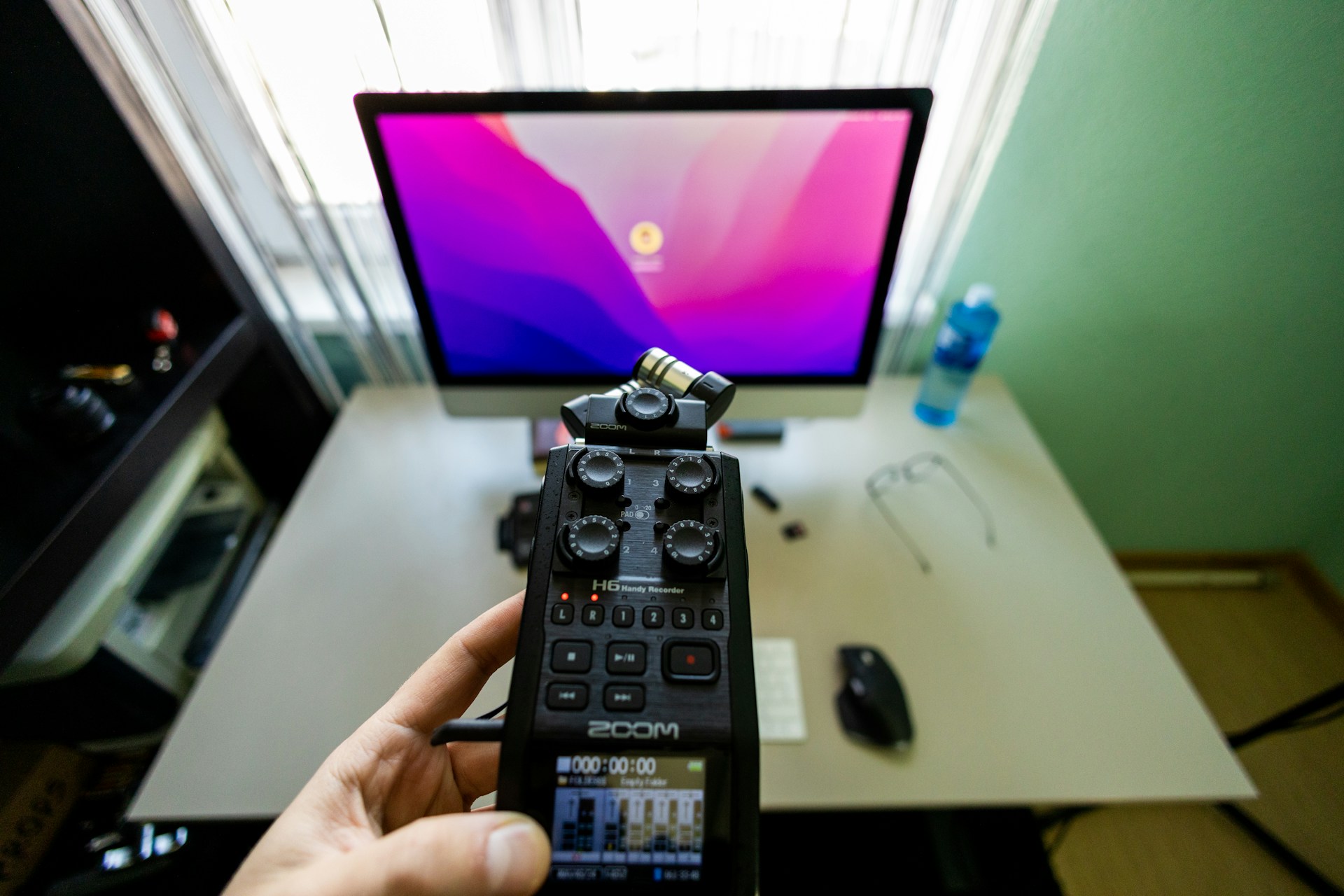
Does Hard Disk Come with CCTV Camera? Everything You Need to Know
If you’re buying a CCTV system, one of the most common questions is:
“Does hard disk come with CCTV camera?”
It seems straightforward, but the answer isn’t always simple. Many people assume that buying a camera automatically includes storage, only to find out that most systems require separate hard disks.
Having worked over 10 years in CCTV installation, maintenance, and system design, I’ve helped hundreds of clients navigate this exact question. From small home setups to large office surveillance systems, storage decisions can make a huge difference in performance, reliability, and how much footage you can keep.
In this guide, I’ll explain whether hard disks come with CCTV cameras, what types of storage options exist, and how to choose the right one for your system.
1. Understanding CCTV Camera Systems and Storage
First, it’s important to understand the structure of a CCTV system. Most systems include:
-
Cameras – Capture the video feed
-
DVR/NVR (Recorder) – Processes and stores video from the cameras
-
Hard Disk (HDD) – Saves the footage for later viewing
Many people think the camera itself stores video, but in reality, most CCTV cameras do not have built-in storage. They rely on a DVR or NVR connected to a hard disk.
Some IP cameras have microSD card slots for local storage, but these are usually limited to 32GB–256GB — enough for a few hours to a few days of footage, not long-term surveillance.
Personal Insight:
I’ve seen homeowners assume the cameras would save footage automatically. When they checked weeks later, they had no recordings because the DVR was empty — a situation easily avoided by understanding storage requirements upfront.
2. Do Hard Disks Come with CCTV Camera Packages?
The short answer is: usually not.
Most CCTV cameras are sold as individual units or in kits. The kit often includes:
-
Cameras
-
DVR/NVR
-
Power adapters and cables
-
Sometimes pre-installed software
However, the hard disk is frequently not included in standard packages. Manufacturers leave it out because:
-
Customers need different storage capacities depending on the number of cameras, video quality, and retention period.
-
Hard disks are user-specific, and pre-installing one might increase costs unnecessarily.
-
Some buyers already have compatible hard disks and don’t need a new one.
Example from Experience:
In my work with small business clients, I’ve noticed that systems purchased without an included hard disk often lead to delays. Customers had to buy a separate surveillance HDD to start recording. By advising them early, I’ve prevented downtime and lost footage.
3. How CCTV Systems Handle Storage
There are three main ways CCTV systems manage storage:
a) DVR/NVR with Separate Hard Disk
This is the most common setup.
-
You install a compatible HDD in the DVR/NVR.
-
It records footage continuously or based on motion detection.
-
Supports larger storage capacities, often 1TB–10TB+.
b) Cameras with Built-in Memory (MicroSD)
Some IP cameras allow microSD cards:
-
Ideal for small setups or temporary recording
-
Limited capacity, usually only a few days of footage
-
Convenient for remote access but not reliable for long-term storage
c) Cloud Storage
Modern IP cameras often offer cloud storage:
-
Footage is uploaded to secure servers
-
No need for a physical hard disk
-
Subscription costs may apply
Expert Tip:
Even if your camera supports cloud storage or microSD, having a dedicated hard disk in your DVR/NVR is highly recommended for long-term, reliable storage.
4. Choosing the Right Hard Disk for Your CCTV System
If your CCTV system doesn’t come with a hard disk, you’ll need one that’s built for surveillance. Using a standard computer HDD is risky because CCTV systems record 24/7 video, which desktop drives aren’t designed to handle.
Key Features to Look For
-
Surveillance-Grade: Optimized for sequential writing and 24/7 operation
-
Capacity: Depends on cameras, resolution, and retention period (e.g., 2TB for small systems, 6–10TB for larger setups)
-
Reliability: Low failure rate and long lifespan
-
Vibration Resistance: Important for multi-bay DVRs/NVRs
Popular Choices
-
WD Purple – Optimized for DVR/NVR systems
-
Seagate SkyHawk – High reliability and performance
-
Toshiba S300 Surveillance HDD – Durable, quiet, and efficient
Personal Insight:
I once recommended a WD Purple drive for an 8-camera office system. It handled high-definition footage from all cameras simultaneously without lag or overheating — the client was very satisfied with the stable performance.
5. How Much Storage Do You Need?
When choosing a hard disk, you need to consider:
-
Number of Cameras – More cameras = more data
-
Video Resolution – Higher resolution = larger file sizes
-
Frame Rate – Higher frames per second = more storage required
-
Retention Period – How long you need to keep footage
For example:
-
4 cameras, 1080p, 15fps, 24/7 recording: 1–2TB hard disk for 1–2 weeks retention
-
8 cameras, 1080p, 30fps, 24/7 recording: 4–6TB for 2–3 weeks retention
Many DVRs/NVRs allow automatic overwrite of older footage, so you can record continuously without worrying about running out of space.
6. Installing a Hard Disk in Your CCTV System
Installing a separate hard disk in a DVR/NVR is straightforward:
-
Power off the DVR/NVR and unplug it.
-
Open the enclosure and locate the hard disk bay.
-
Connect the hard disk using the SATA and power connectors.
-
Secure the drive with screws to prevent vibration.
-
Close the DVR/NVR case and power it on.
-
Format the hard disk using the system menu.
After this, your CCTV system is ready to record.
Pro Tip:
Always format the hard disk through the DVR/NVR. Using a computer to format may cause compatibility issues.
7. Benefits of Having a Separate Hard Disk
-
Reliable Recording: Designed for constant data writing
-
Larger Storage: Supports more cameras and longer retention periods
-
Better Performance: Reduced lag or skipped frames
-
Easy Upgrades: You can replace or expand storage without changing cameras
-
Peace of Mind: Ensures footage is secure when you need it most
- Read More : cctv camera on rent near me
In my experience, clients who invested in dedicated CCTV HDDs rarely report recording issues, while those who used standard drives often face downtime and corrupted footage.
Conclusion: Does Hard Disk Come with CCTV Camera?
The answer is: usually not. Most CCTV cameras, whether standalone or in kits, require a separate hard disk for long-term recording. While some IP cameras have microSD support or cloud storage, for reliable, 24/7 surveillance, a dedicated surveillance-grade HDD in your DVR/NVR is the best choice.
Investing in the right hard disk ensures smooth recording, longer retention, and reliable security footage — which is exactly why every professional CCTV installation includes one.
Call to Action:
If you’re setting up a CCTV system, don’t leave storage to chance. Choose a compatible surveillance hard disk, install it in your DVR/NVR, and ensure your footage is safe and accessible when you need it most.
FAQs
1. Do all CCTV cameras come with a hard disk?
No. Most CCTV cameras and kits require a separate hard disk in a DVR or NVR. Some IP cameras have microSD slots or cloud storage, but these are limited options.
2. Can I use a regular computer hard disk for CCTV?
Technically yes, but it’s not recommended. Computer HDDs are not designed for 24/7 video recording and can fail quickly under constant load.
3. What’s the recommended hard disk for CCTV systems?
Use surveillance-grade HDDs like WD Purple, Seagate SkyHawk, or Toshiba S300 for reliable, continuous recording.
